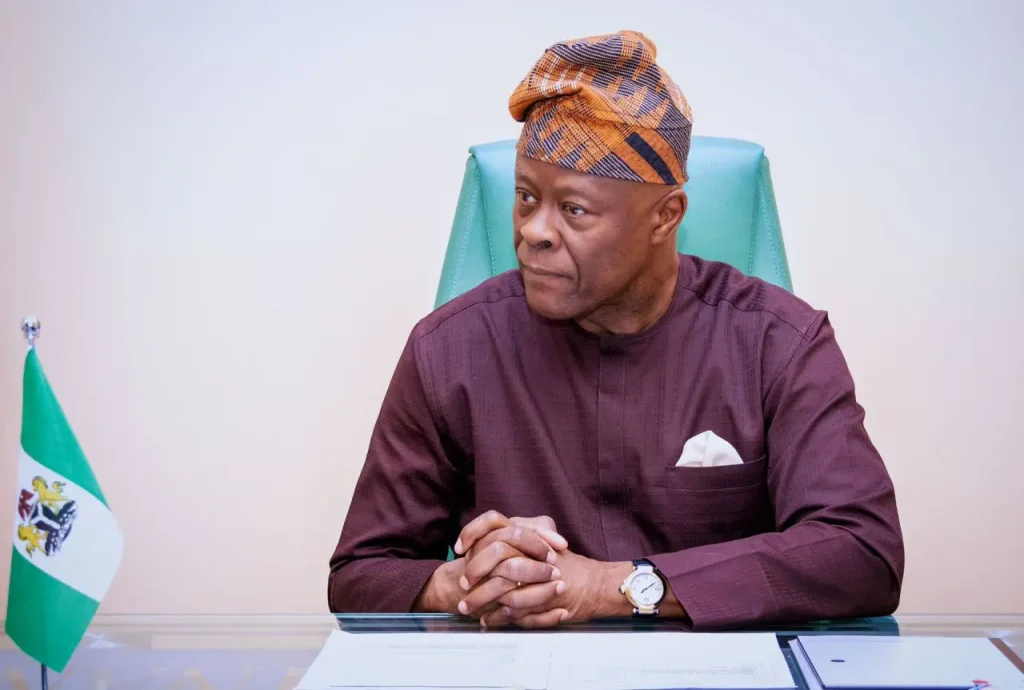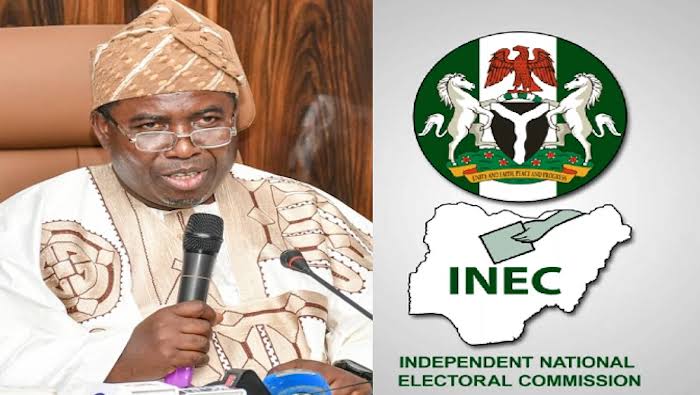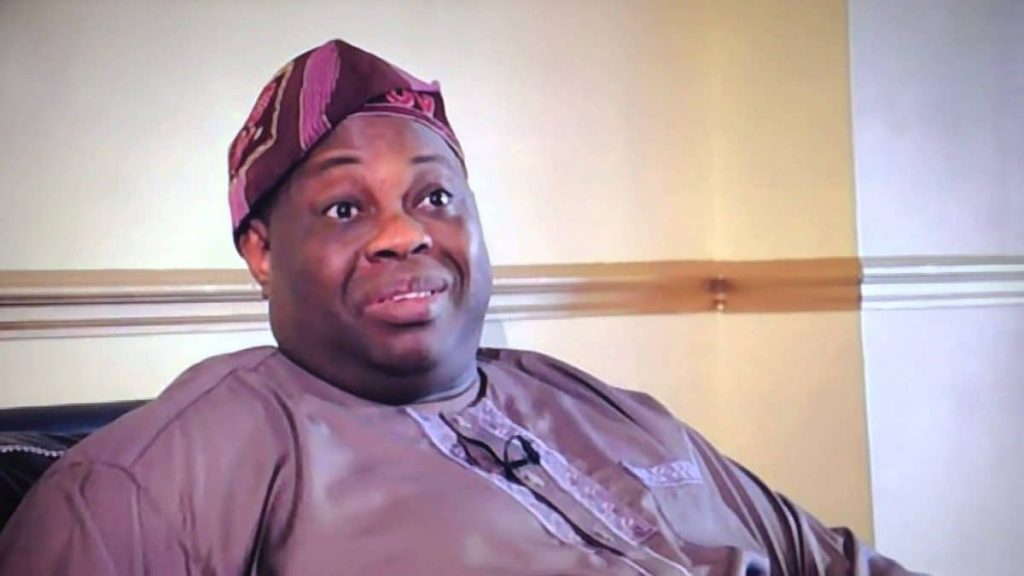Controversy has erupted over conflicting claims about the appointment of Muhammed Babangida, son of Nigeria’s former military leader Ibrahim Badamosi Babangida, as Chairman of the Bank of Agriculture (BOA). While the Nigerian Presidency insists he accepted the role, a leaked letter attributed to Babangida suggests otherwise, sparking political tensions and accusations of misinformation.
Presidency Denies Rejection Claims
On Monday, presidential aide Olusegun Dada dismissed reports that Muhammed Babangida declined the BOA appointment, calling them “false and malicious.” In a statement on X (formerly Twitter), Dada asserted Babangida had accepted the position, thanking President Bola Tinubu for the trust placed in him. The statement emphasized that the alleged rejection was part of a disinformation campaign to undermine Tinubu’s administration.
The Presidency pledged to investigate those responsible for spreading the claims, vowing transparency and accountability. It described the BOA appointment as part of broader efforts to strengthen governance, urging the public to verify information through official channels.
Conflicting Letter Surfaces
Contrary to the government’s stance, publisher and politician Dele Momodu shared a letter dated July 21, 2025, purportedly written by Babangida, in which he declines the role. The letter, addressed to Tinubu, cites “personal and professional considerations” preventing him from serving with the required commitment. Babangida expressed gratitude for the opportunity but stated his inability to balance the role’s demands with his current obligations.
Momodu, who recently joined the opposition African Democratic Congress (ADC) after defecting from the Peoples Democratic Party (PDP), praised Babangida’s decision on Instagram, calling the appointment a “Greek gift”—a phrase often implying a deceptive or harmful offering.
Political Reactions
The ADC criticized Tinubu’s move, alleging the BOA appointment was an attempt to curry favor with northern Nigeria ahead of the 2027 general elections. Babangida’s family ties to the region’s political elite—his father governed Nigeria from 1985 to 1993—add layers to the controversy. Analysts speculate the conflicting narratives reflect deeper political rivalries, with opposition figures framing Tinubu’s appointments as strategically timed to consolidate influence.
Unresolved Questions
The discrepancy between the Presidency’s account and the leaked letter remains unresolved. Neither Babangida nor his representatives have publicly clarified his position beyond the contested documents. The 2025 date on the letter has also raised eyebrows, prompting questions about its authenticity.
This incident highlights the challenges of navigating Nigeria’s politically charged information landscape, where claims and counterclaims often complicate public understanding. The BOA, tasked with enhancing agricultural financing, now faces uncertainty amid the leadership dispute, underscoring broader debates about governance and accountability under Tinubu’s administration.



